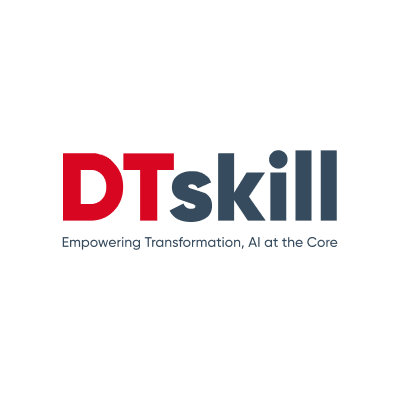Generative AI, is poised to revolutionize the healthcare sector. Reports suggest that the integration of this technology can usher in enterprise intelligence, liberating clinical resources from administrative burdens and enabling healthcare professionals to concentrate on high-value tasks. Successful integration requires a robust digital core, strategic investments, and a commitment to remodeling work roles to prioritize human efficiency and effectiveness. Education for clinicians and patients becomes crucial for enhanced access and improved healthcare outcomes.
Applications of Generative AI in Healthcare
1. Automating Administrative Tasks
Generative AI plays a pivotal role in streamlining healthcare administrative tasks and addressing challenges such as data security, regulatory compliance, and resource constraints. From appointment scheduling to insurance verification, AI-driven systems enhance efficiency and accuracy, allowing healthcare staff to focus on complex tasks.
2. Medical Imaging Advancements
Generative AI contributes to medical imaging by enhancing image quality, reducing noise, and aiding in automated segmentation. This technology accelerates lead optimization, supports personalized medicine, and provides clinical decision support through the analysis of diverse medical imaging data.
3. Drug Discovery and Development
Generative AI facilitates drug discovery by identifying potential targets, proposing novel compounds, and predicting drug interactions. It streamlines lead optimization, supports personalized medicine, and aids in biomarker discovery, offering innovative solutions to complex demand forecasting challenges in the pharmaceutical industry.
4. Medical Research and Data Analysis
In medical research, Generative AI assists in efficient data processing, natural language processing, and trend analysis. It enhances search and retrieval, optimizes resources, and provides predictive analytics, contributing to a more informed and proactive approach to medical research projects.
5. Risk Prediction for Pandemic Preparedness
Generative AI contributes to pandemic preparedness by enabling early detection and surveillance, predictive analytics, and optimization of vaccine development and supply chain resilience. It enhances public communication, resource allocation, and scenario planning, offering a comprehensive approach to managing global health crises.
6. Generating Synthetic Medical Data
Generative AI addresses privacy concerns by creating realistic synthetic medical data for research and development purposes. It ensures privacy preservation, customization, and algorithm testing and validation, providing a safe and controlled environment for healthcare technology development.
7. Personalized Medicine Revolution
Generative AI aids in personalized medicine by analyzing complex genetic data, providing clinical decision support, and contributing to education and training. It facilitates patient communication, ensures ethical and legal compliance, optimizes resources, and addresses challenges in insurance and reimbursement.
Challenges and Considerations in Generative AI Adoption
Despite the transformative potential, generative AI adoption in healthcare faces challenges. Prioritizing data privacy, collaboration with healthcare professionals, ethical guidelines, user-friendly interfaces, continuous training, and regulatory compliance are crucial elements. Transparent decision-making processes, scalability, integration, patient engagement, and informed consent are essential considerations for successful implementation.
A New Era of Healthcare Innovation
Generative AI has ushered in a new era of innovation and breakthroughs in healthcare. From optimizing administrative tasks to transforming medical imaging, drug discovery, and personalized medicine, its potential is vast. As the healthcare industry continues to explore and address challenges, the synergy between technology and healthcare is set to redefine patient care and outcomes globally.
